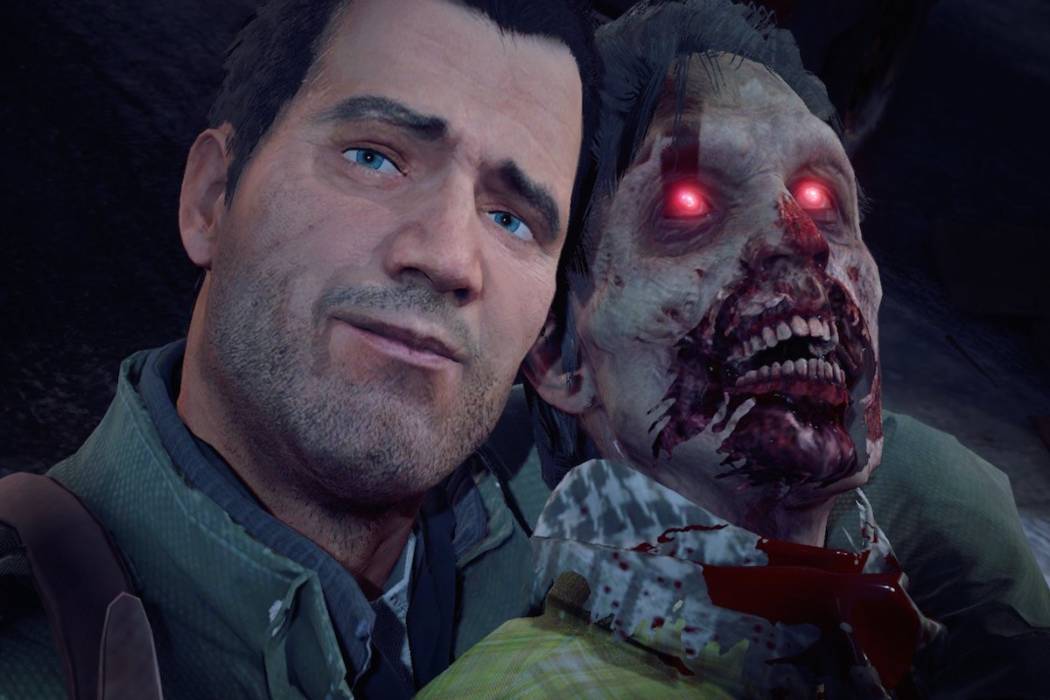Right, let’s get straight to the point; Capcom’s eagerness to shoot themselves in the foot is honestly second to none (well maybe 2nd to Konami, but then, who isn’t?). The company has an amazing ability of building big franchises gamers really care about, but unfortunately, also seems to have a weird fetish around commercial self-harm. In fact, at times, it can often feel like Capcom goes out of its way to anger fans and reduce its profitability.
From downright weird decision making to stupid strategic directions, Capcom’s activity this decade alone is a list of utterly strange and nonsensical business decisions. In many instances, these have destabilised the franchises in question and damaged their growth, and in some cases, risked their future altogether. Here are just five examples of Capcom’s commercial insanity in action.
Bastardising Frank West (Dead Rising 4 – 2016)
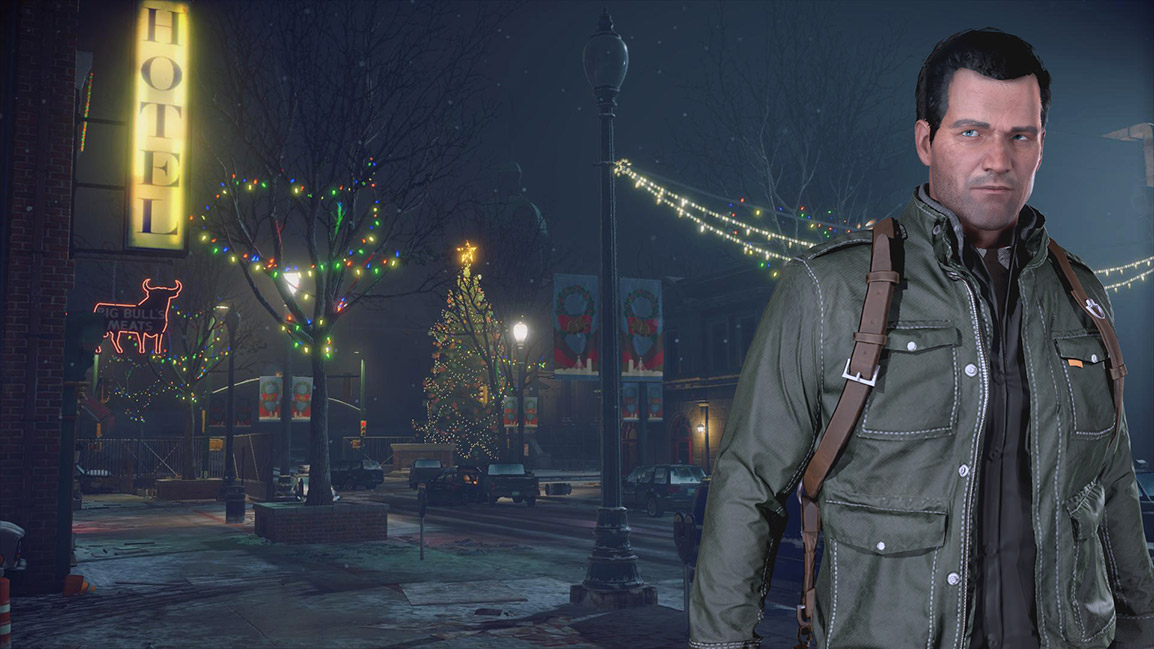
It’s fair to say, building loveable characters in a post-apocalyptic world is tough. In most games featuring the undead, the ‘walkers’ are the star of the show. But then Frank West came along and kicked that rule squarely in the groin. His breakout role in 2008’s Dead Rising proved to the world that it was possible to slay the undead with a teddy bear while rocking a mankini. He was one of the few sane characters in a world of utter lunacy, and fans grew to love his combination of douchebaggery and untimely common sense in equal measure.
Unfortunately, Capcom in their infinite wisdom decided the Frank West we wanted wasn’t the one we needed. For Dead Rising 4, they took their iconic character, and force fed him steroids until his voice changed and his biceps bulged. We were left with a weird dude-bro reimagining of our favourite zombie slayer. With the character’s voice, build and even facial features changed significantly, all fans were left with was a pretender rocking the true hero’s name. What Capcom gained from this change is anyone’s best guess, but it should be no surprise that Dead Rising 4 is currently the worst selling game in the franchise. It’s ironic really, Frank West survived all manner of death defying zombie related incidents, but in the end, he couldn’t escape the true horror of the corporate suits at Capcom. RIP Frank.
Releasing Resident Evil 7 as a mainline title (Resident Evil 7 – 2017)
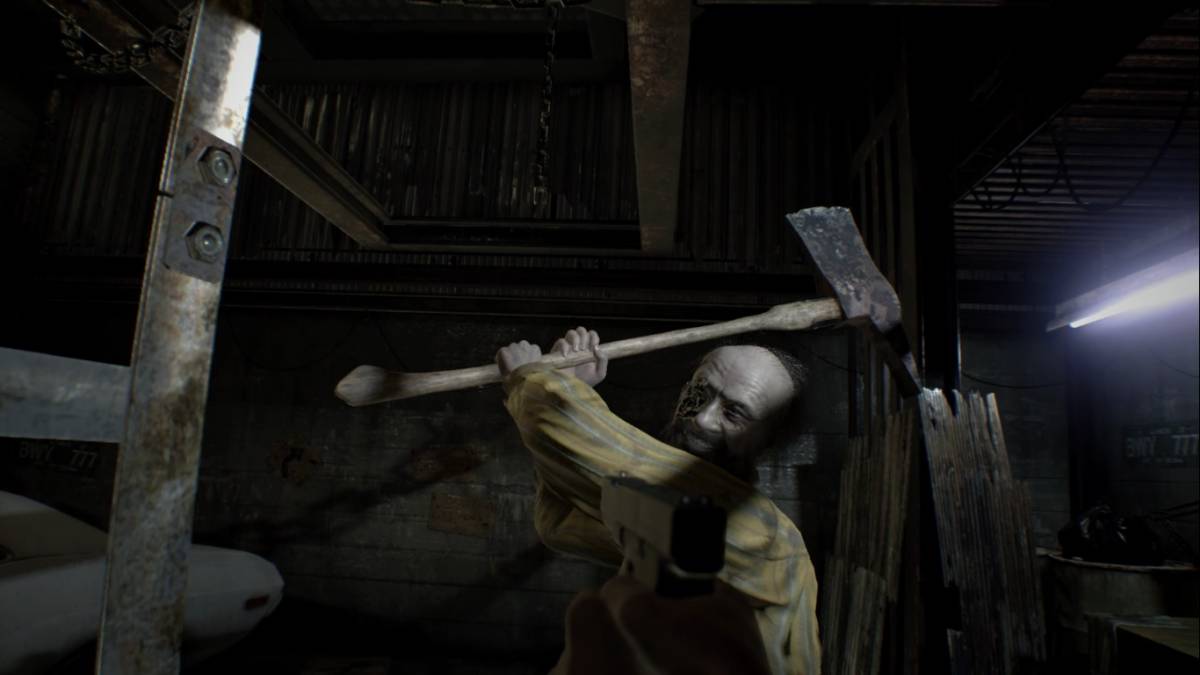
There’s no doubt about it, Resident Evil 7 is a fantastic first person horror experience. Unfortunately, it is for this very reason that it should never have been a numbered title in the franchise. The genre just doesn’t have the commercial capabilities necessary to fill the boots of a series like Resident Evil. The highest selling first person horror game has sales of around 4 million units (Outlast), but that’s not enough for a franchise with the earning potential to sell 6-7 million copies.
With current sales figures hovering around 3.7 million, the game still has yet to even meet its launch sales target, which in itself was a million lower than its predecessors. This commercial history shows the game (through no fault of its own) was never going to deliver what Capcom needed from a mainline Resident Evil title. Resident Evil 7 should have been a spin-off – had it been, Capcom would have strengthened and diversified their flagship franchise even further.
DmC… (DmC: Devil May Cry – 2013)

Now this is probably one of the publisher’s least heinous of crimes, but it’s still worth mentioning. Capcom, in all its wisdom, decided that their iconic main character, Dante, needed a makeover. And to achieve this new aesthetic, they looked to the West – why wouldn’t you outsource one of your most culturally obscure and recognisable characters to a developer in a completely different territory? What could possibly go wrong with that idea?
Under the control of a Western developer, Dante was stripped of much of his recognisable character traits and reduced to a relatively generic looking punk anti-hero. While the game he starred in was pretty damn good (lucky for Capcom), this ridiculously unnecessary change alienated much of the fan base and this was reflected in the game’s underwhelming sales. Capcom themselves even acknowledged that too much of this heavily Japanese franchise was outsourced and that this intern had alienated ‘Eastern gamers’.
Releasing Street Fighter V without Single Player (Street Fighter V – 2016)
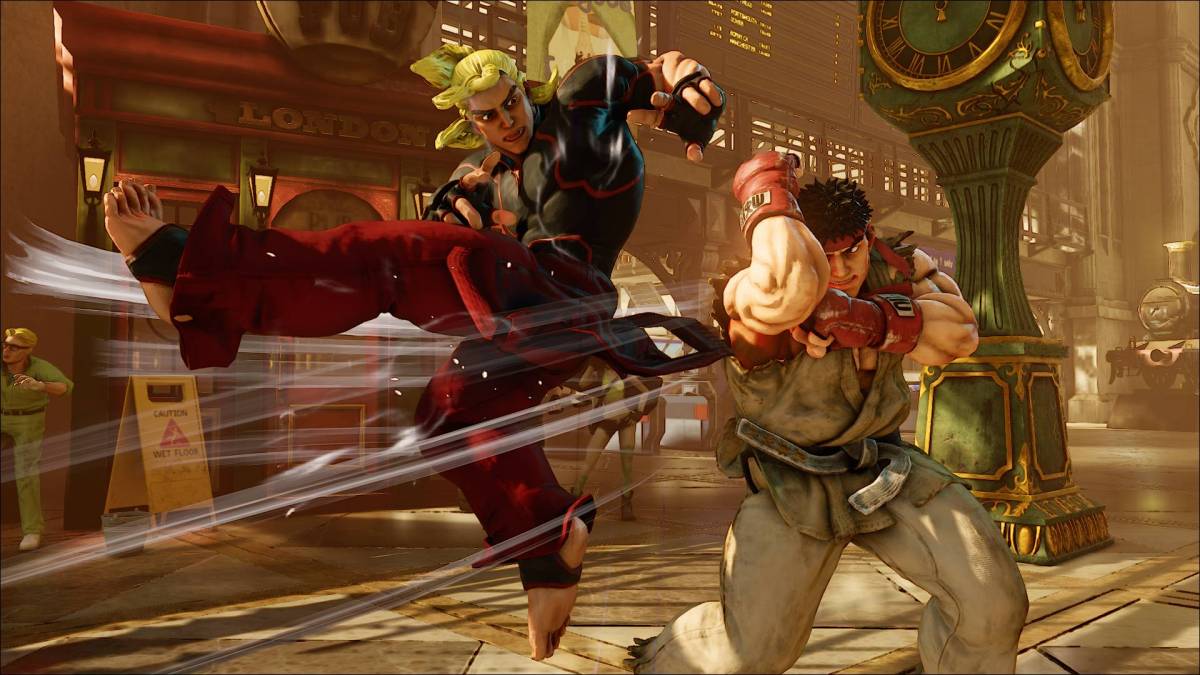
Video game fans are never happy when content is removed from a product, so you can imagine how most felt when they found out Street Fighter V was set to release, without any Story Mode content whatsoever. This is one of Capcom’s few flagship franchises, and it couldn’t even show enough respect to ship the bare minimum at launch.
What other publisher would do that with their prized IP? Could you see Microsoft releasing Halo without a single player? How about Fifa without a career mode? No, to remove such a fundamental part of a full release is almost unheard of, and for good reason, customers won’t put up with it! Street Fighter V missed its sales target, selling just 1.4 million units in 2016, 600k short of its goal of 2 million.
All of Resident Evil 6 (Resident Evil 6 – 2012)
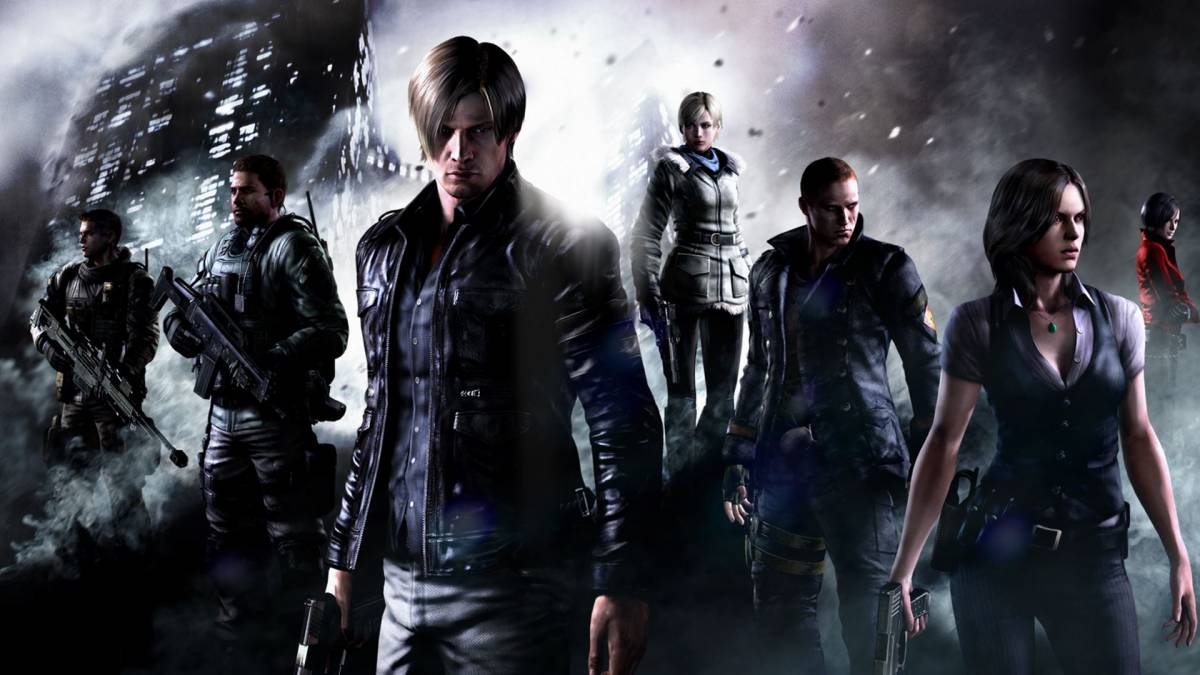
Where do I begin with this one? Resident Evil 6 was a Frankenstein’s monster of poor design choices, from the inclusion of movement while shooting to the introduction of Jake and his ‘melee based’ campaign, the game was a total and utter mess. To this day, I still don’t understand why Capcom did away with the stand and deliver mechanics of Resident Evil 5 – the publisher’s best selling game ever. By removing the limitations on the player, the game completely lost what made its predecessor unique and in doing so, pushed the title into totally new and unfamiliar territory for the publisher. Lost Planet and Bionic Commando aside, Capcom had very little experience producing action-oriented third-person shooters before Resident Evil 6. Unless, of course you count the absolutely atrocious Resident Evil: Raccoon City – which we won’t to spare Capcom even further blushes.
Unsurprisingly, this inexperience in creating quality third person shooters was pretty definitive proof that Resident Evil 6 should have stuck to the tried and tested formula. Had Capcom maintained the same shooting system used in Resident Evil 5, the game would have felt a hell of a lot tighter and at the very least, Leon’s campaign may have actually had a little tension here or there. Even now, I don’t understand what the gameplan was for Resident Evil 6. Why any publisher would willingly throw the budget down for four campaigns, each involving differing gameplay types, is beyond me.
These terrible moves from Capcom sadly hurt everyone – the fans, the shareholders, the developers – everyone involved with the company takes a bullet each and every time these random decisions go tits up. I can only assume the turnover in upper management is extremely high or someone over in Japan is living on borrowed time, they have to be, the publisher cannot go on like this. There are only so many times you can shoot yourself in the foot before losing the ability to stand altogether – just ask THQ. We can only hope that Capcom is learning from these mistakes, but so far, I’ve yet to see any evidence of it whatsoever.
Some of the coverage you find on Cultured Vultures contains affiliate links, which provide us with small commissions based on purchases made from visiting our site.
